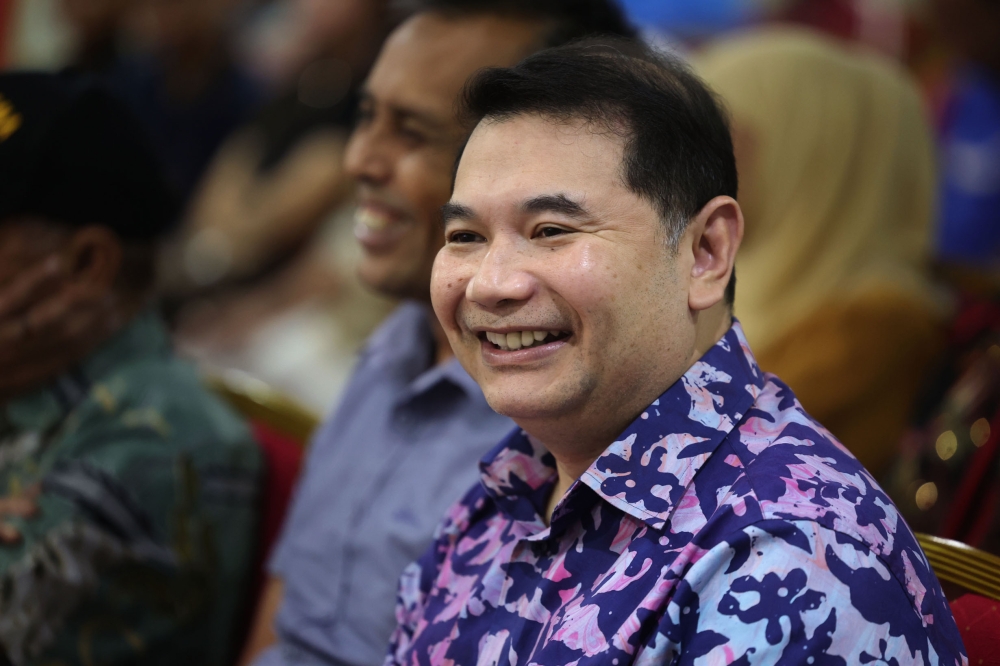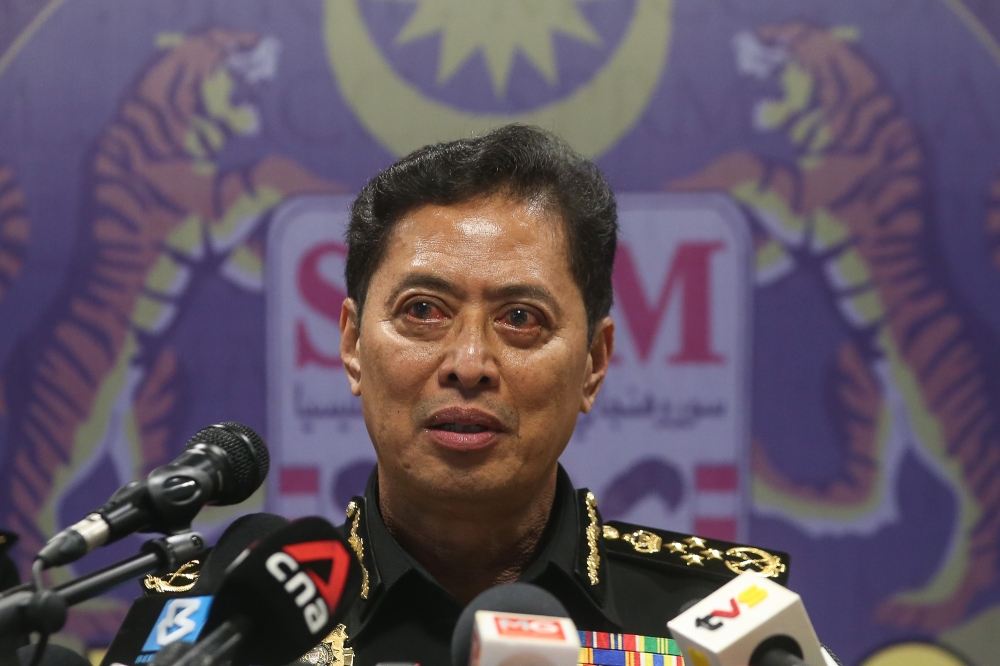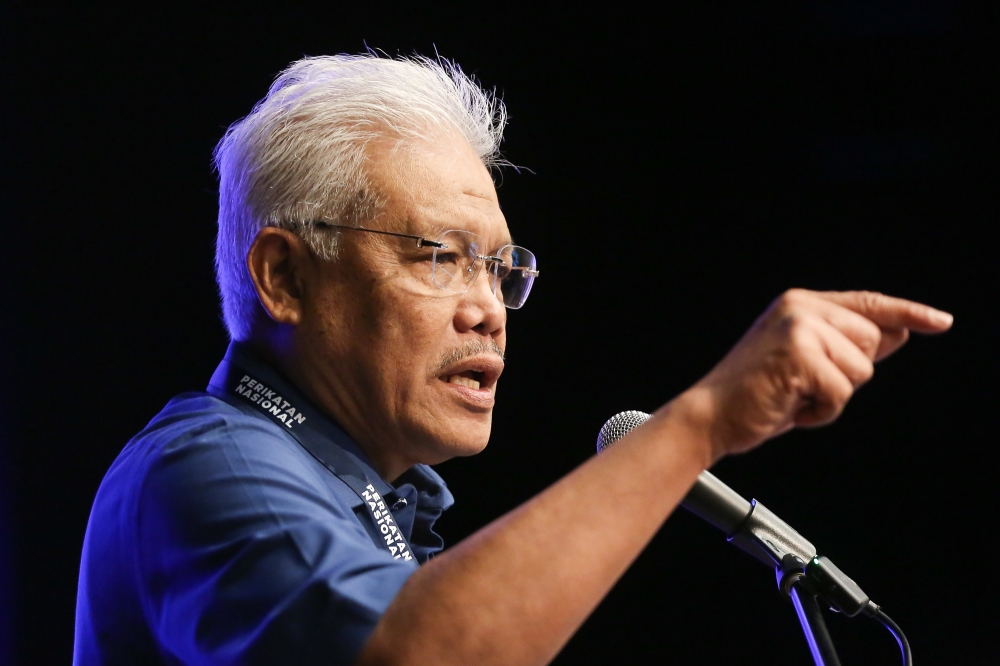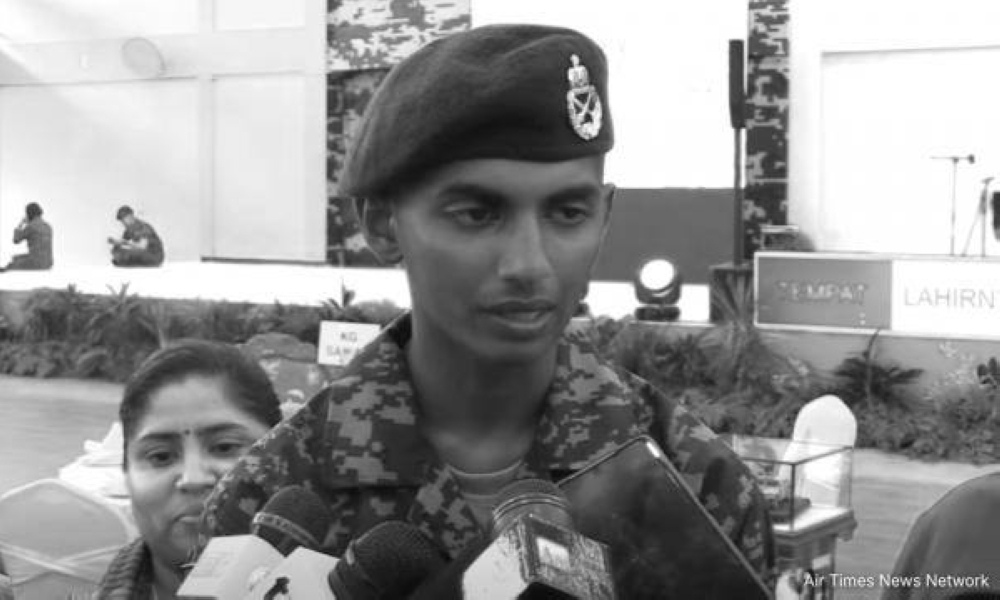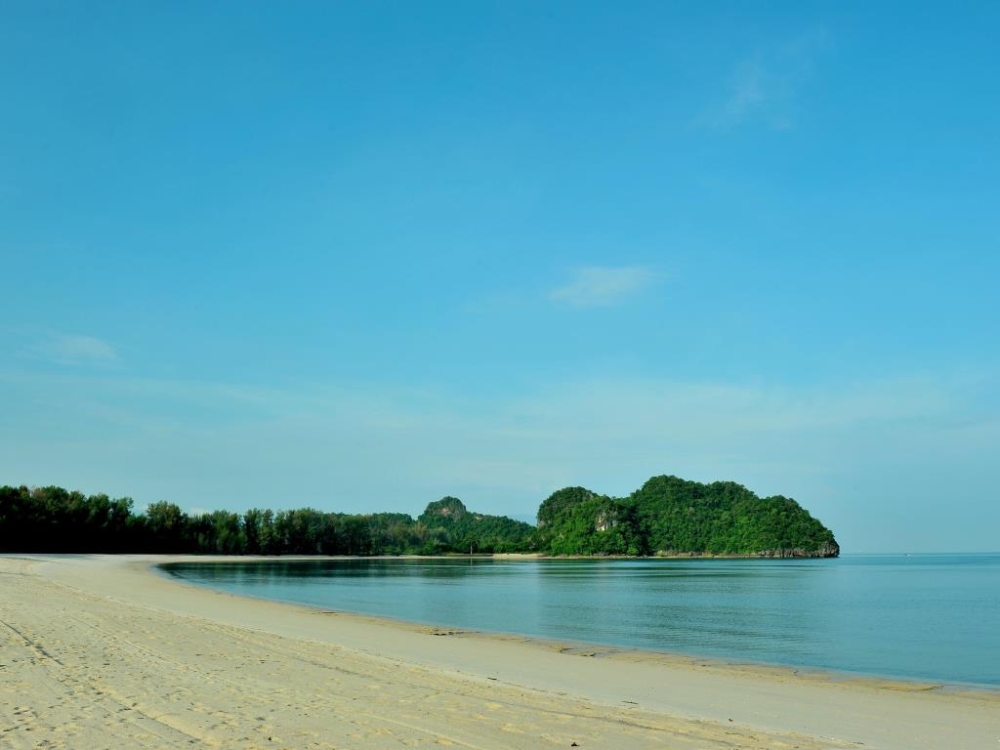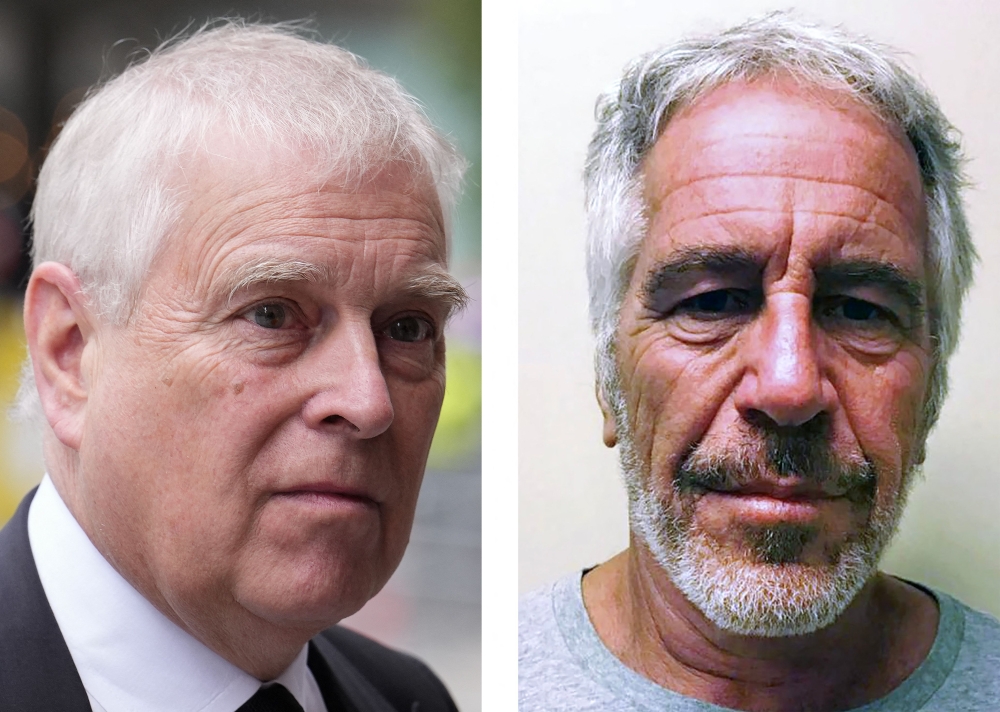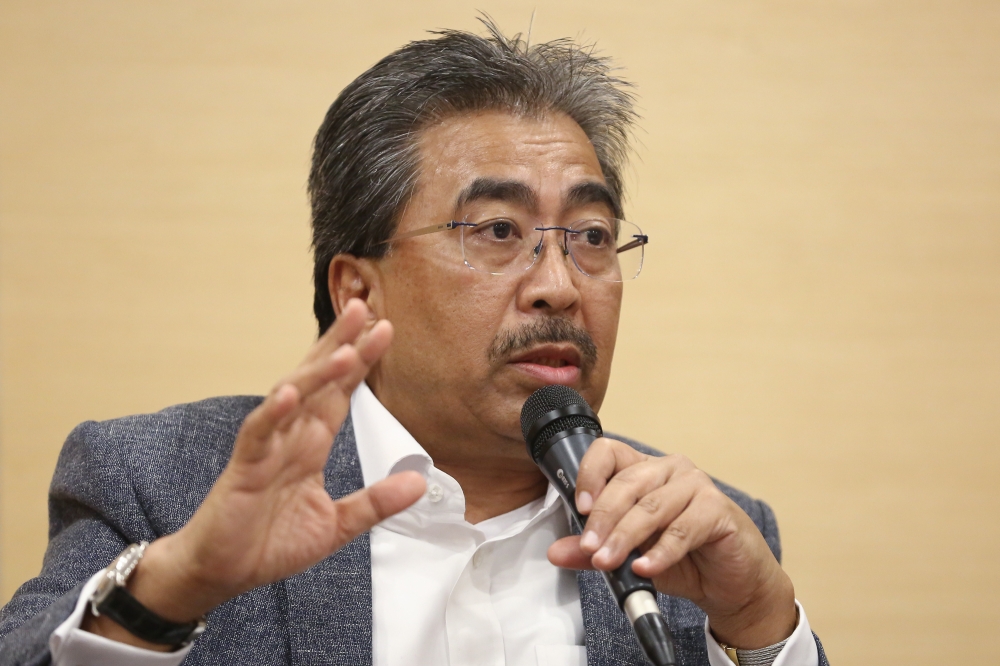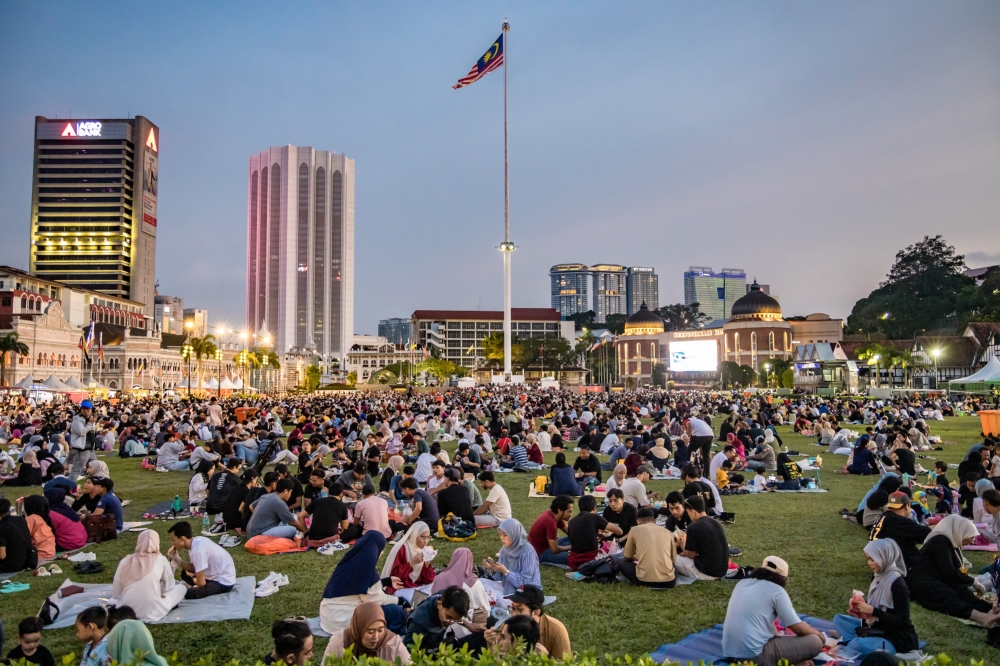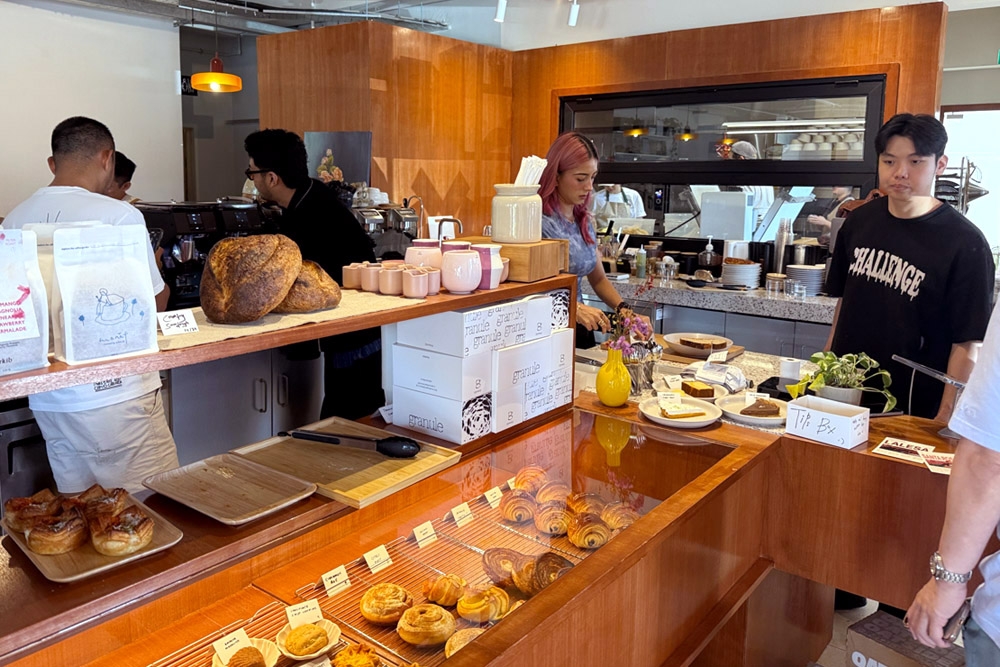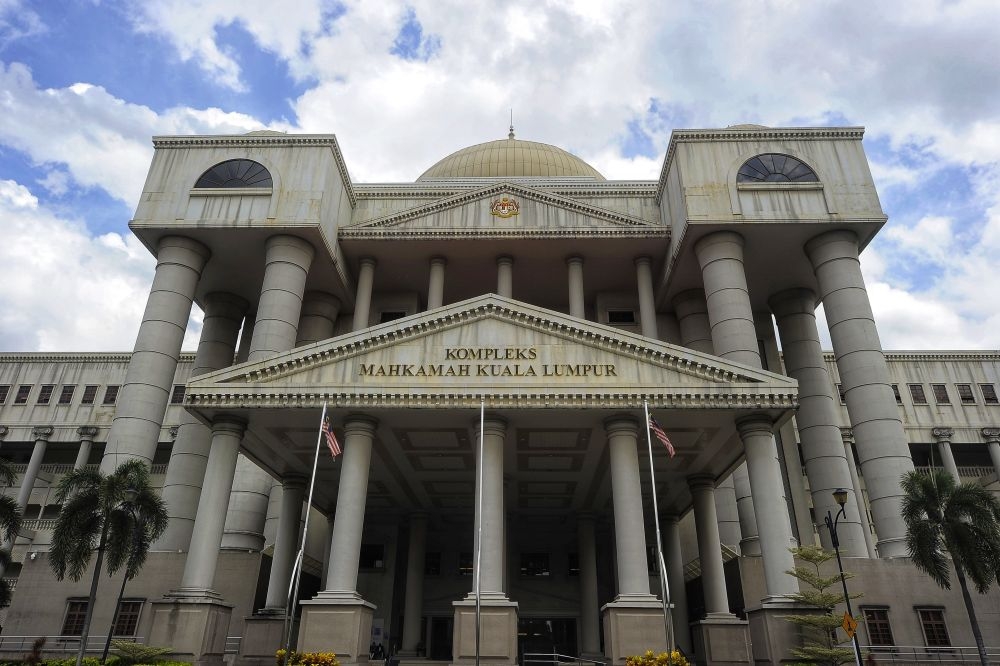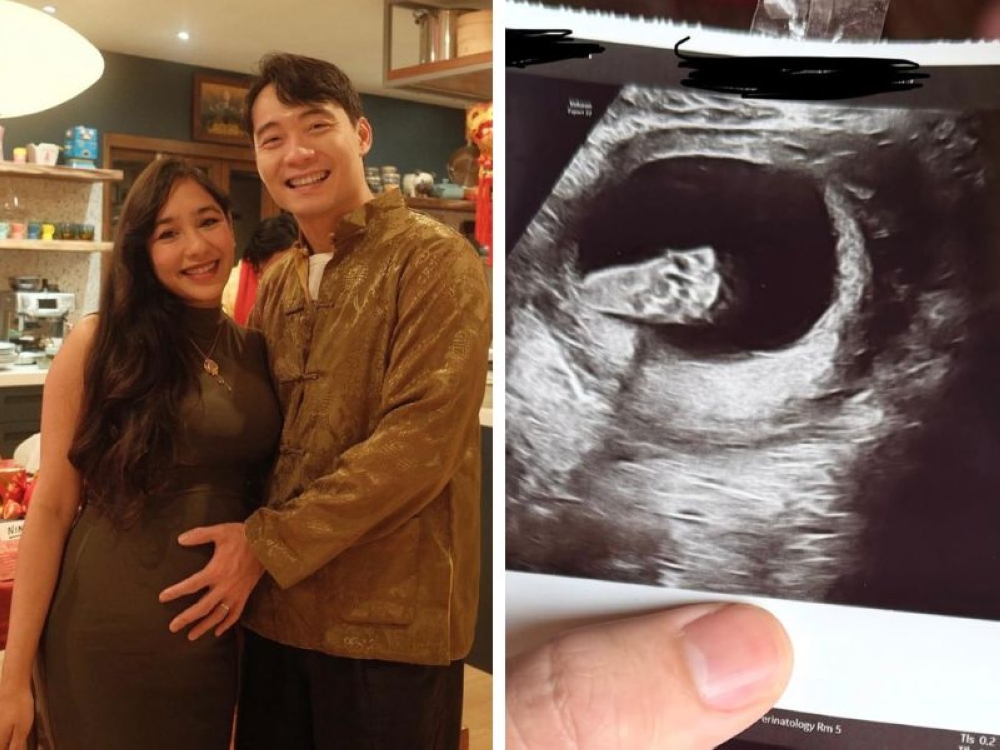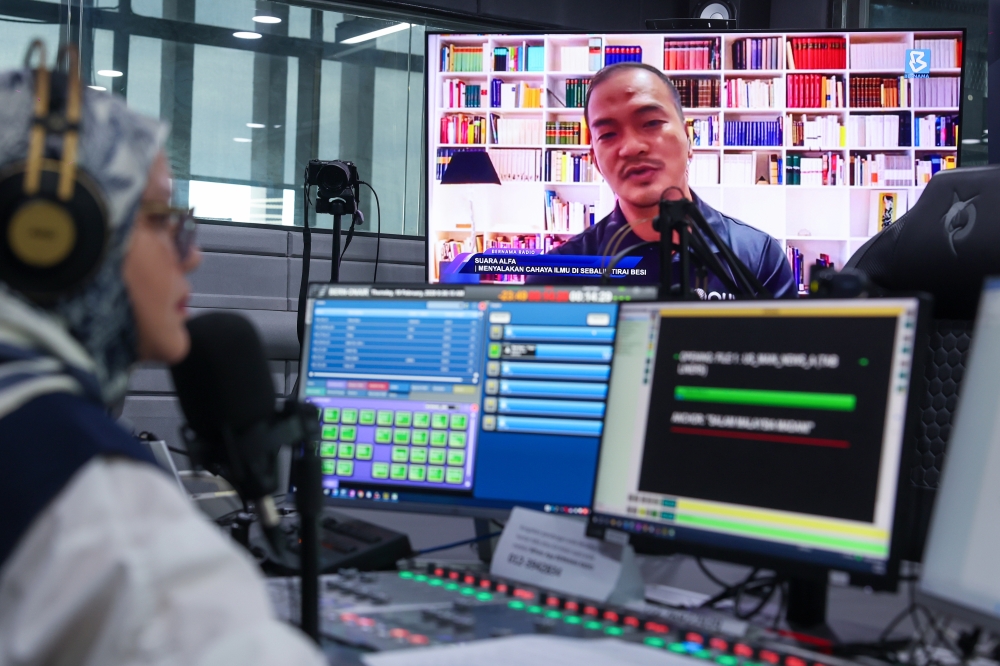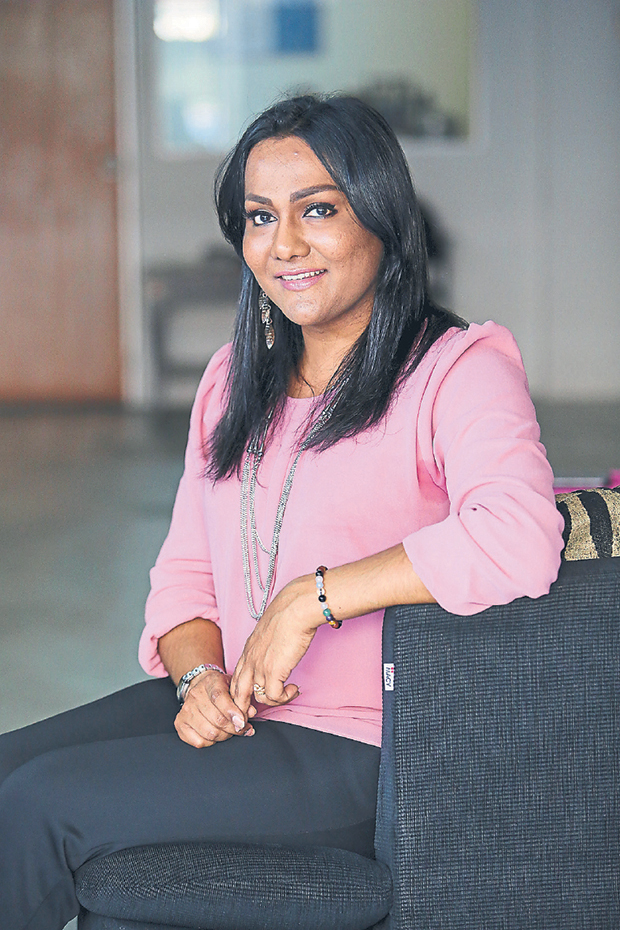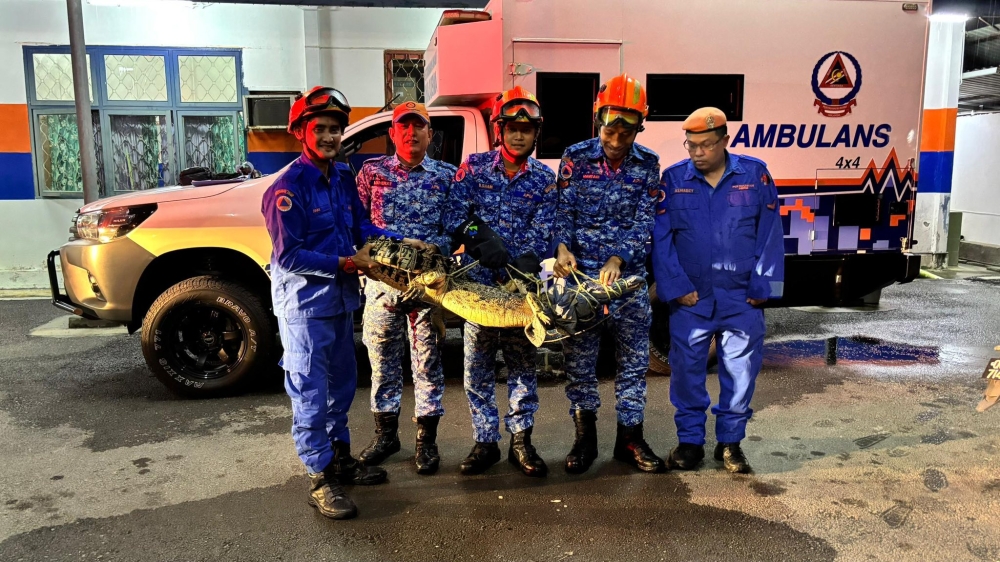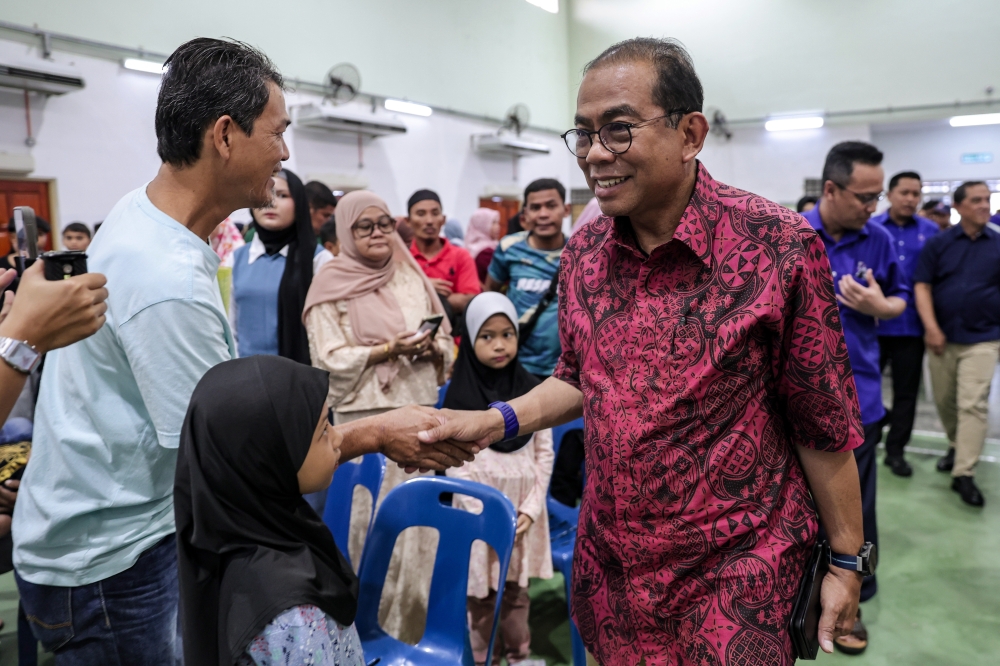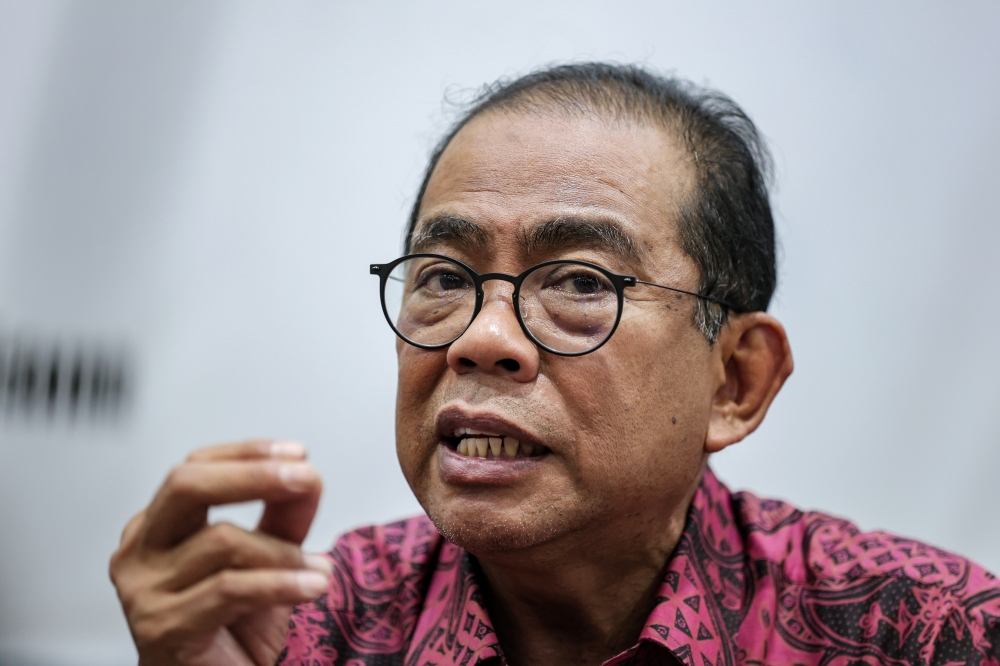KUALA LUMPUR, April 24 — Nisha Ayub is a picture of confidence; at 37, she is one of Malaysia’s most prominent transgender activists, belying the struggle she went through since she was five to gain acceptance.
The trans woman — who has won several awards for her activism, including the recent US Secretary of State’s 2016 International Women of Courage Award — remains passionate about her work, despite enduring bitter experiences like sexual assault in prison when she was jailed under Shariah law for cross-dressing, attempted suicide, and getting beaten up in a suspected hate crime.
Nisha, who is currently supporting and living with her mother of mixed Indian and Ceylonese ethnicity, was raised by her mother’s Christian family after her father, a Malay, died in a traffic accident when she was six years old. Her mother is a Muslim convert.
The Malacca-born Nisha says she used to wear a “selendang” (shawl) while dancing to Bollywood songs back when she was five. She struggled with her gender and sexual identity while growing up, as her family would try to correct her behaviour and frowned on her playing with dolls and wanting to keep her hair long.
Her yearning for acceptance as a female continued through adulthood when she did sex work at a nightclub, partly for financial reasons but also to feel accepted. But she wasn’t happy.
Nisha left everything behind in Malacca, despite making a comfortable living, and began her activism work in HIV/AIDS here in Kuala Lumpur nine years ago. But it wasn’t her niche and she shifted to transgender and human rights, co-founding two transgender rights NGOs — the SEED Foundation and Justice for Sisters.
Here, Nisha talks about her coming out story, her time in a men’s prison, and what she’s fighting for.
In her own words:
I’ve never had the privilege of a man because I’ve expressed myself and my identity since I was a child. Being a transgender person, at the same time, being a trans woman, it has multiple discrimination if you talk about being oppressed by men and so on. I faced oppression from men and women. I didn’t earn the privilege of being a man. That’s the argument that people always ask me — why are you giving away your privilege as a man? But the truth is, for me, having that privilege as a Muslim man is actually discriminating another gender itself. And I cannot oblige to having that privilege because I don’t perceive myself as a man.
The moment I really realised I was different was when I was in Standard 3, nine years old. I participated in a fancy dress competition and I was a ballerina in a black dress. At that time when I was on the stage with the wig and everything, that’s when I realised that this is really me. And I felt so comfortable being in that skin. I knew that I’m not a real boy.
I love Barbie dolls. I love dolls. I know I’m stereotyping, but this is me. And I think the reason why I loved Barbie dolls is because I imagined me as being that. I remember doing this when I was a child — I took the Barbie doll and I start to take my crayon and I start to colour her like chocolate colour, wanted to make her look like me because she was so fair.
When I go to school, I was always taught that — at that time I didn’t know I was trans, I thought I was gay at that time — I was always taught in school that being gay, you’ll go to hell and everything. When I go home, the same thing was taught to me. So it makes me feel like I’m bad, I should change...I always prayed to God, please make me a real boy.
When you’re in prison, you can cry, you can shout, you can plead; they don’t care.
When I was in prison, I really wanted to die. I just gave up on my life. I was so embarrassed to meet people. But at that time, that’s when my mother and my stepsisters — they came and visited me. That’s when the moment of acceptance came in… Even the last day when I came out from prison, I told my mother — can you please get me a wig because I was bald. And she did, she got me a wig. That’s when I felt she acknowledged that this is who I am, from there itself lah. I don’t want to say I’m lucky to go to prison, but there’s a positive side from that experience.
When you work in a nightclub, indirectly, you do work with men who want to pay you more to be more intimate. So, I did it. I did it for money, I did it because I wanted to support my mum, support my life. I did it also because I felt accepted. The acknowledgment of these men to pay me, at that moment, to treat me like a princess, shopping shopping, it makes me feel like I’m a woman. It is funny, but I think I wanted to be accepted as a woman. But I wasn’t happy, because being with men who’s actually somebody’s husband, it makes me feel guilty.
Money doesn’t buy me happiness. I realised that the men that were paying me — they didn’t really accept me for who I am. They just looked at me as a sex object, as a thing that they can own. I didn’t want that.
I’m not afraid because what I’m saying is the truth. I’m not lying, I’m not making up stuff. What I’m fighting for is not something from the West, or the East, or wherever. What I’m fighting for is for the community here in Malaysia and I’m a Malaysian. And as a Malaysian citizen, I have my rights. So that’s what I’m fighting for.
People do talk, but I don’t really care because to be honest, I’m very stubborn. I don’t like to listen to people. I do what I want to do. And I was independent, that’s the main thing. That’s what I always teach the community. Make sure you get your education and everything, be independent, then you can be yourself. It’s easier that way.

